EXECUTIVE BOARD
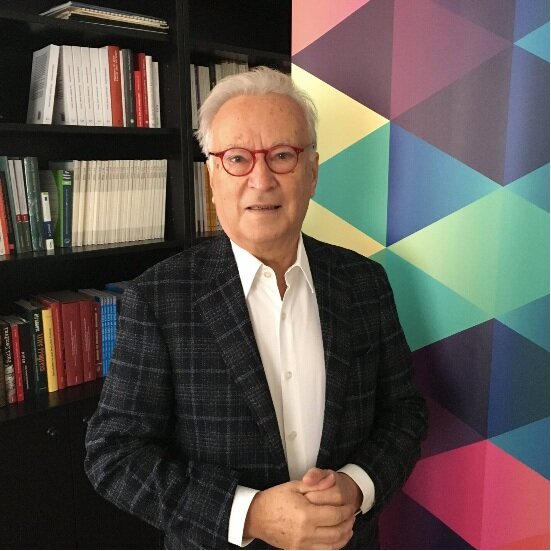
Dr. Hannes Swoboda, President of the International Institute for Peace (IP), started his career in urban politics in Vienna and was elected member of the European Parliament in 1996. He was Vice President of the Social Democrat Group until 2012 und then President until 2014. He was particularly engaged in foreign, enlargement, and neighborhood policies. Swoboda is also President of the Vienna Institute for International Economics, the Centre of Architecture, the University for Applied Science - Campus Vienna, and the Sir Peter Ustinov Institute.
President
Dr. Hannes Swoboda
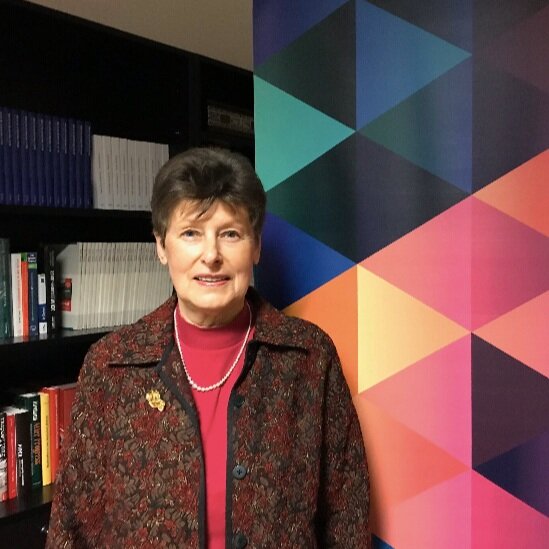
Dr.h.c. Angela Kane assumed the position of Vice President of the IIP in 2016, after serving on the IIP International Advisory Board. She holds a number of other functions: Visiting Professor and Member of the Strategic Committee at the Paris School of International Affairs (SciencesPo), Visiting Professor at the Tsinghua University Schwarzman Scholars in Beijing, and Chair of the United Nations University Council. She is also a Senior Fellow at the Vienna Center for Disarmament and Non-Proliferation. Kane has served in many positions during her career at the United Nations. Until mid-2015, she served as the United Nations High Representative for Disarmament Affairs. Between May 2008 and 2012, she was Under-Secretary-General for Management. She served twice in the Department for Political Affairs, as Assistant Secretary-General and previously as Director. She supported several special political missions in Iraq, Nepal and the Middle East, and established the International Commission against Impunity in Guatemala. Her field experience includes Deputy Special Representative of the Secretary-General for the United Nations Mission in Ethiopia and Eritrea (UNMEE), a special assignment to the Democratic Republic of the Congo and multi-year postings in Indonesia and Thailand.
Vice President
Dr.h.c. Mag. Angela Kane
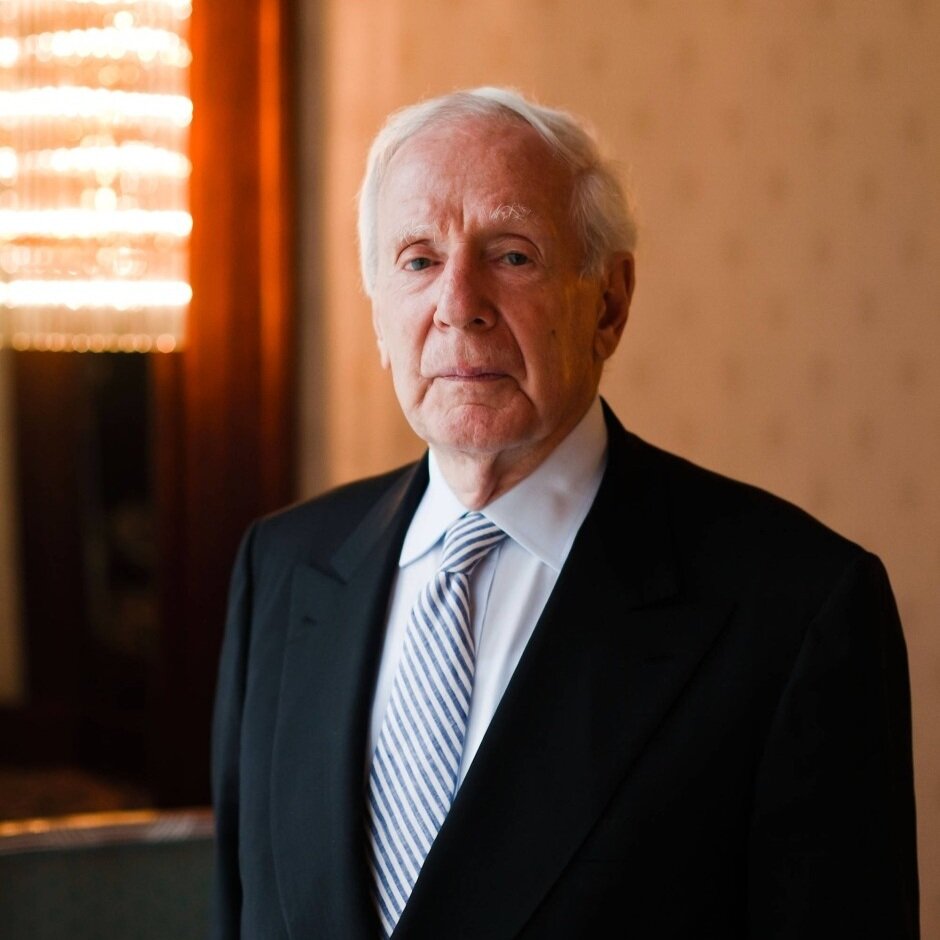
Dr. Klaus von Dohnanyi is a German politician and a member of the Social Democratic Party (SPD). After studying law at the universities of Munich, Columbia, Stanford, and Yale, he started his career working at the Max-Planck-Institute for Civil Law. He then moved to Ford Motor Company, working in both Detroit and Cologne, where he was head of the Planning Division. From 1960 to 1967, Dohnanyi was a Managing Partner of the Institute for Market Research and Management Consulting in Munich. In 1969 he was elected to the German Bundestag for Nordrhein-Westfalen and served in the Ministries of Economics, Education, and Science until 1981. That year, he was elected First Mayor of his home city of Hamburg. He served two terms as First Mayor, from 24 June 1981 until 8 June 1988. After the fall of the Berlin Wall, Dohnanyi became involved with the restructuring program in East Germany and, from 1993 to 1996, was a special adviser on Market Economy and State to the Board of the Treuhandanstalt and BvS, responsible for privatising state-owned companies in the former East Germany.
Vice President
Dr. Klaus von Dohnanyi

Mag. Stephanie Fenkart MA is Director of the International Institute for Peace (IIP) since 2016. She has an MA in Development Studies from the University of Vienna and an MA in Human Rights from the Danube University, Krems. She is furthermore a member of the Advisory Committee for Strategy and Security Policy of the Scientific Commission at the Austrian Armed Forces (BMLV). She is also a board member of the NGO Committee for Peace, Vienna.
Director
Mag. Stephanie Fenkart, M.A.
Board Members

Prof. Dr. AntonGiulio de’Robertis is full professor of History of Treaties and International Politics at the University of Bari and coordinator of the Balkan Eusine Danubian Observatory of the same university. He is Vice President of the Italian Atlantic Committee and of the International Institute for Peace in Vienna. He was founding secretary general of the De Gasperi Foundation and member of the Scientific Council of the Institute of International Legal Studies of the CNR. de'Robertis was part of the Fulbright Commission for cultural relations between Italy and the United States. He has held and holds lectures and seminars at La Sapienza University of Rome, the Catholic University and ISPI of Milan, Georgetown University, and the State Universities of Moscow and St. Petersburg.
Prof. Dr. AntonGiulio de’Robertis

RA Dr. Leopold Specht
RA Dr. Leopold Specht
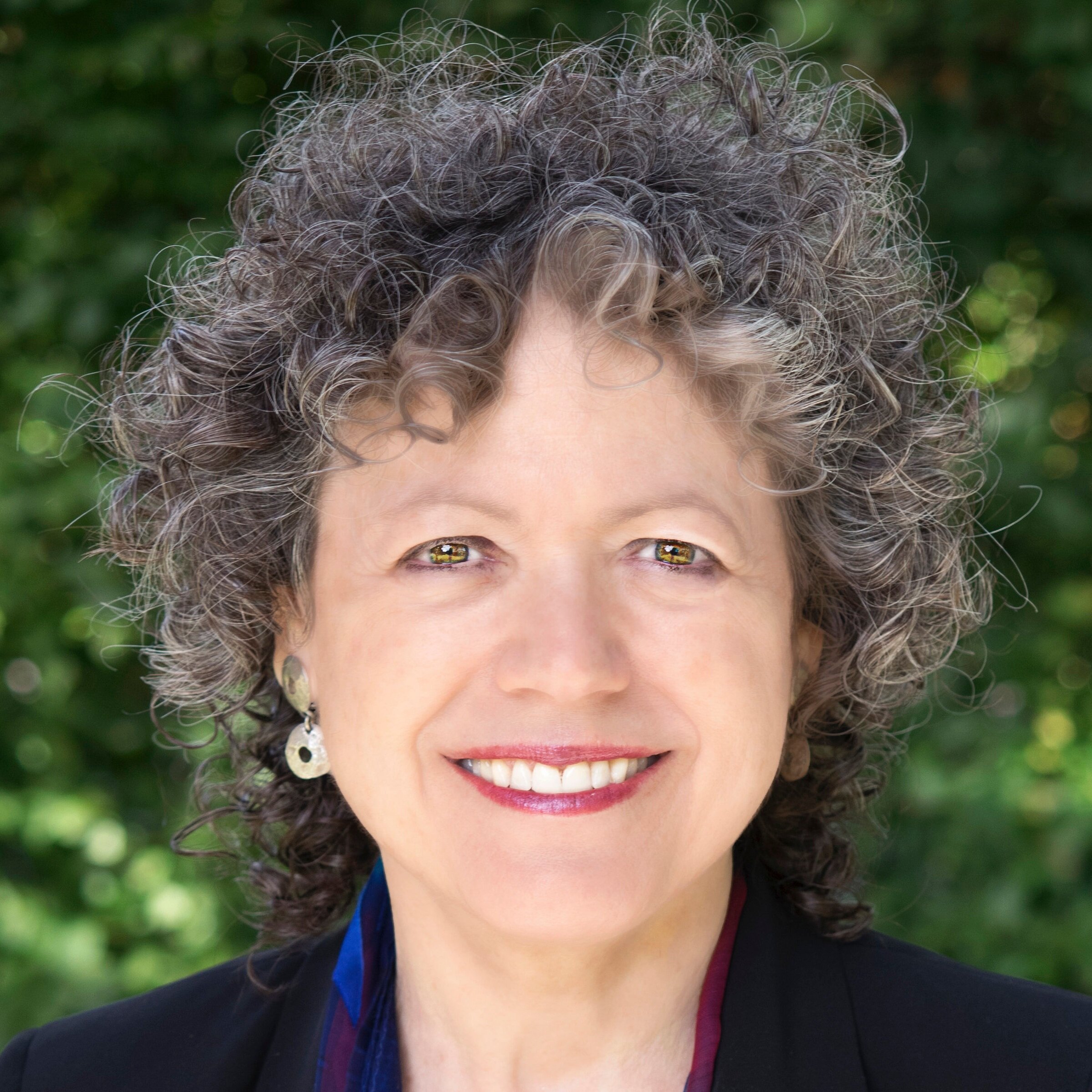
Prof. Dr. Vivien A. Schmidt is Jean Monnet Professor of European Integration and Professor of International Relations and Political Science in the Pardee School at Boston University, where she also served as Founding Director of its Center for the Study of Europe. In addition to her forthcoming Europe’s Crisis of Legitimacy: Governing by Rules and Ruling by Numbers in the Eurozone (Oxford 2020), her recent books include Resilient Liberalism in Europe’s Political Economy (co-edited, Cambridge 2013) and Democracy in Europe (Oxford 2006; La Découverte 2010 French trans.), which was named in 2015 by the European Parliament as one of the ‘100 Books on Europe to Remember.’ Her latest honors and awards include decoration as Chevalier in the French Legion of Honor, the European Union Studies Association’s Lifetime Achievement Award, and a Guggenheim Foundation Fellowship for her project on the ‘rhetoric of discontent,’ a transatlantic investigation of the populist revolt.
Prof. Dr. Vivien A. Schmidt
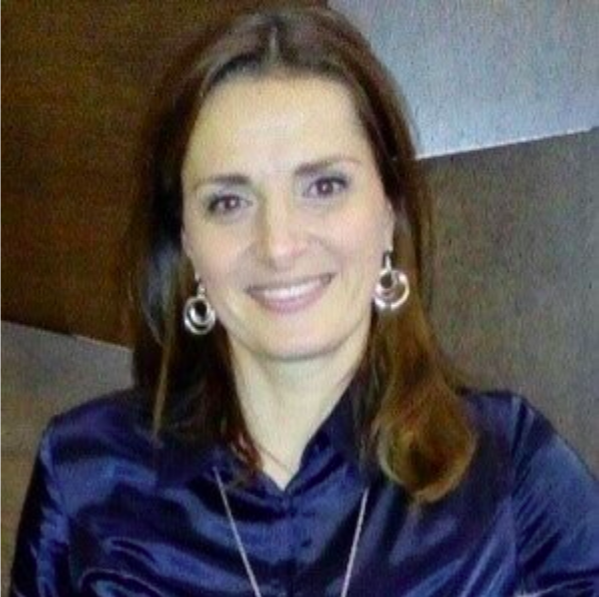
Monika Begović, PhD is President of the Atlantic Council of Croatia. She is a professional in international relations and foreign affairs with a PhD degree in political science. She is active in scientific research, especially related to different aspects of international security and foreign affairs, with a specific view on South-Eastern Europe. Begović has had numerous scientific papers published and participates in international scientific conferences as a speaker and a lecturer. She is also a professional in external and internal communication, holds trainings, seminars and presentations, and participates at international scientific conferences.
Monika Begović, PhD
ADVISORY BOARD
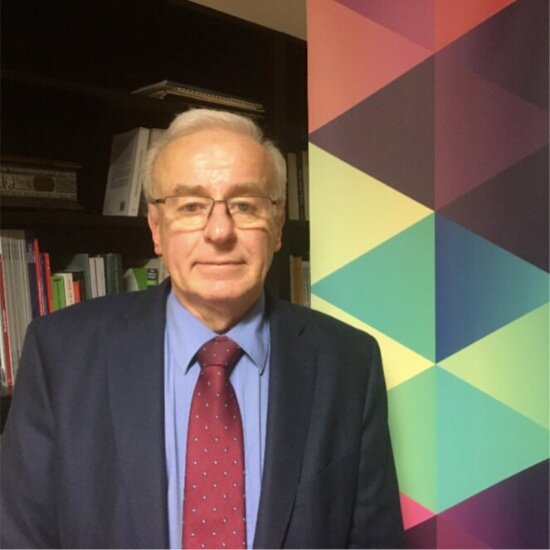
Univ. Prof. Dr. Heinz Gärtner is a lecturer in the Department of Political Science at the University of Vienna and at Danube University. He was academic director of the Austrian Institute for International Affairs. He has held various Fulbright Fellowships and the Austrian Chair at Stanford University. He was Austrian Marshall Plan Foundation Fellow at the Johns Hopkins University in Washington DC. Among other things, Gärtner chairs the Strategy and Security advisory board of the Austrian Armed Forces and the Advisory Board of the International Institute for Peace (IIP) in Vienna. He has published widely on international security, nuclear non-proliferation and disarmament, US foreign policy, geopolitics, Iran, and the Middle East.
Email: heinz.gaertner@univie.ac.at
Prof. Heinz Gärtner (Chair)
Austria
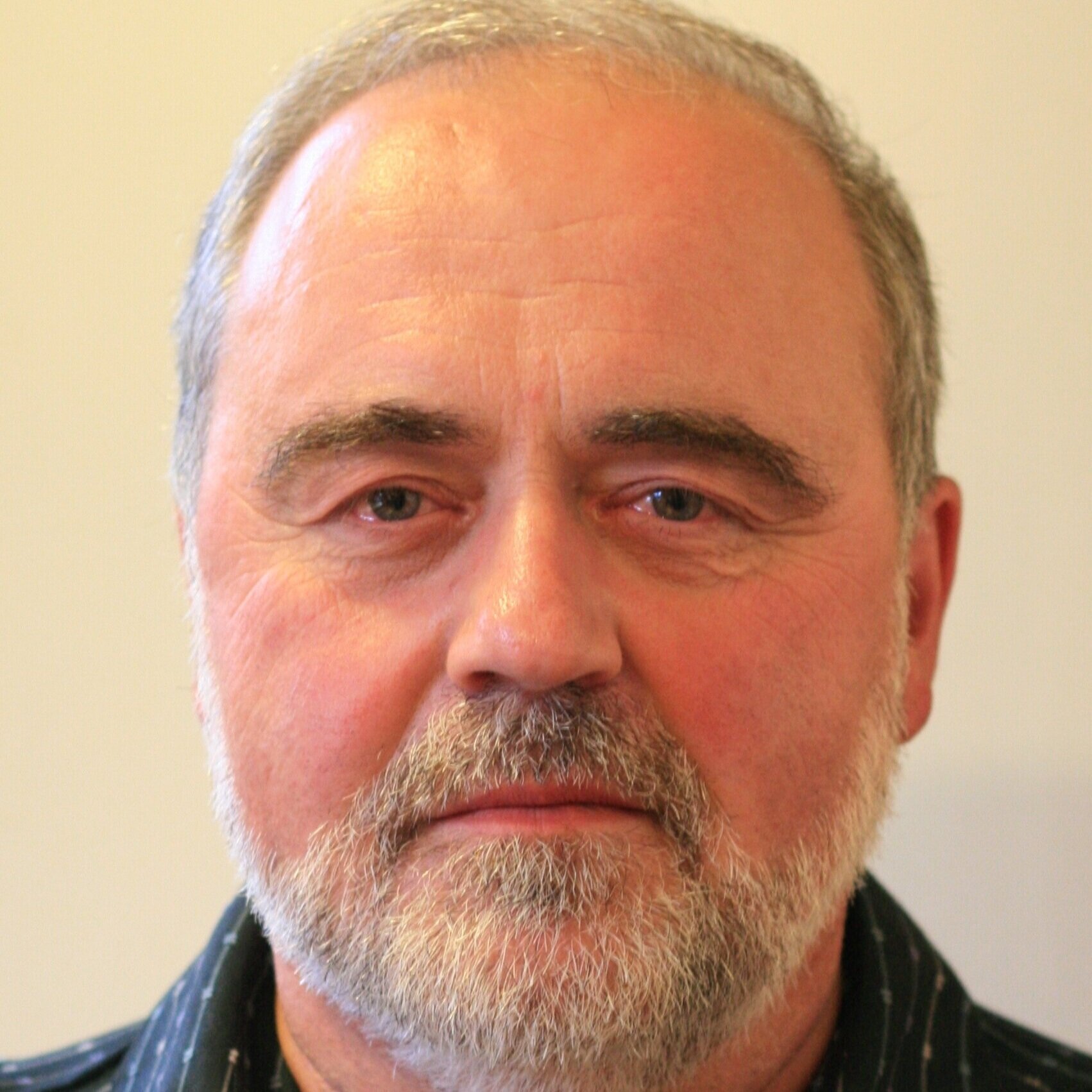
Prof. Vladimir Baranovsky is a board member of the Moscow-based think tank Primakov National Research Institute of World Economy and International Relations (IMEMO), where he was deputy director in 1998-2016 and is currently academic director of the Centre for situation analysis. He has a Dr.Sc. degree in History (1985) and is full member of the Russian Academy of Sciences (Academician, 2011). He is also Professor at the Moscow State Institute of International Relations, a member of various analyst structures, expert and consultative councils, and advisory and/or editorial boards of professional journals. He authored and edited over 200 publications (books, articles, contributions to multi-authored volumes etc.). Among his recent titles: Russia’s new foreign policy: international implications (2016); Changes in the global political landscape (2017); Nuclear-armed cruise missiles: towards a global ban? (2018); Middle East in the changing global context: key trends of the century’s development (2018); New international order: overcoming or transforming the existing pattern? (2019).
Prof. Vladimir Baranovsky
Russia
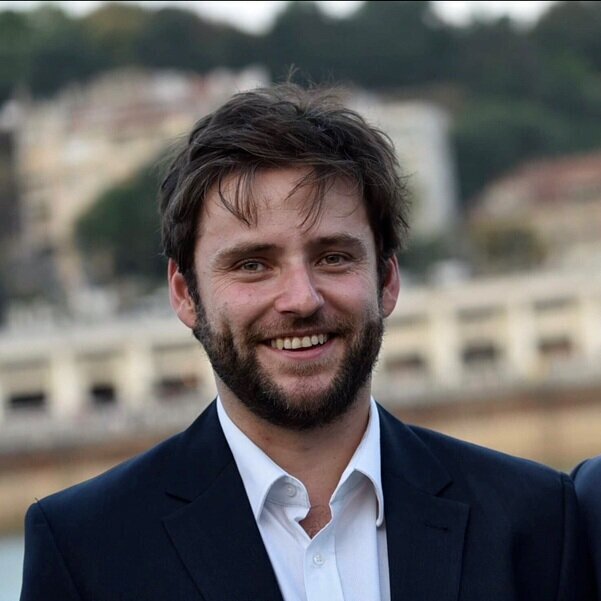
Adnan Ćerimagić is an analyst at the Berlin-based think tank, European Stability Initiative (ESI), since January 2015. Before joining ESI, Adnan worked at the Ministry of Foreign Affairs of Bosnia and Herzegovina in Sarajevo and Brussels. He also completed a traineeship in the Secretariat of the European Parliament's Foreign Affairs Committee and worked for the European Training and Research Centre for Human Rights and Democracy (ETC) in Graz. He studied law at the University of Graz and EU international relations and diplomacy at the College of Europe in Bruges.
Adnan Ćerimagić
Bosnia and Herzegovina/Germany

Glenn Diesen is a Professor at the University of South-Eastern Norway (USN), and an associate editor at the Russia in Global Affairs journal. His research focus is on the geoeconomics of Russia’s Greater Eurasian Partnership. Professor Diesen’s published books include: Russophobia: Propaganda in International Politics (2022); Europe as the Western Peninsula of Greater Eurasia: Geoeconomic Regions in a Multipolar World (2021); The Return of Eurasia (2021); Russian Conservatism: Managing Change under Permanent Revolution (2021); Great Power Politics in the Fourth Industrial Revolution: The Geoeconomics of Technological Sovereignty (2021); Russia in a Changing World (2020); The Decay of Western Civilisation and Resurgence of Russia: Between Gemeinschaft and Gesellschaft (2018); Russia’s Geoeconomic Strategy for Greater Eurasia (2017); EU and NATO relations with Russia: After the collapse of the Soviet Union (2015).
Prof. Glenn Diesen
Norway
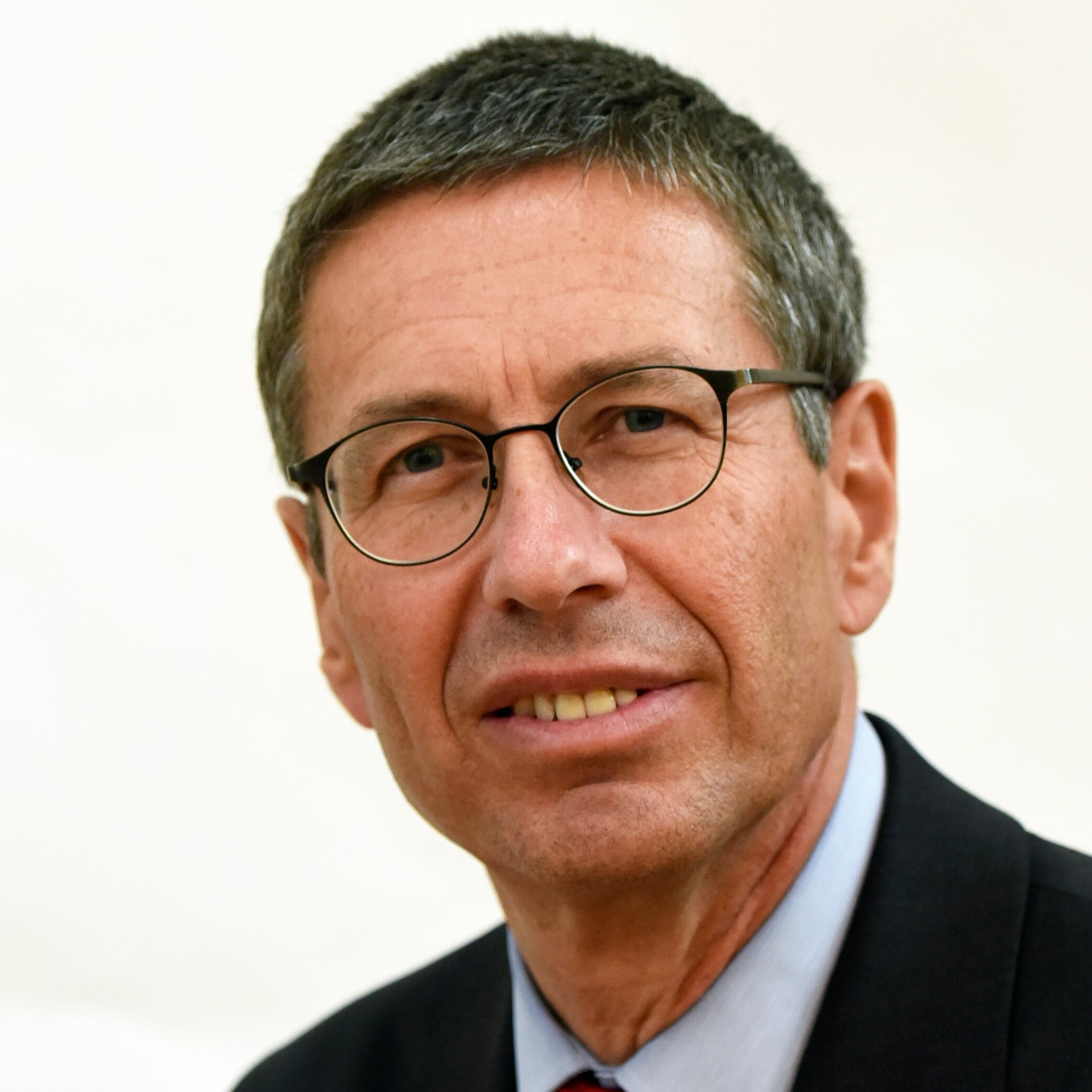
Ambassador Dr. Thomas Hajnoczi graduated as a doctor of law from the University of Vienna in 1977 and was the Director for Disarmament, Arms Control, and Non-proliferation at the Austrian Federal Ministry for Europe and International Affairs - a position he held already in the 1990s. Among his many posts over the years, Hajnoczi served as Deputy Permanent Representative to the United Nations in New York, Ambassador to the Kingdom of Norway, Director for Security Policy in the Ministry, Permanent Representative of Austria to the Council of Europe in Strasbourg and Permanent Representative to the United Nations Office at Geneva. He has been closely involved in several multilateral humanitarian disarmament processes, including the negotiations for the Anti-Personnel Mine Ban Convention and the Treaty on the Prohibition of Nuclear Weapons.
Ambassador (ret.) Dr. Thomas Hajnoczi
Austria
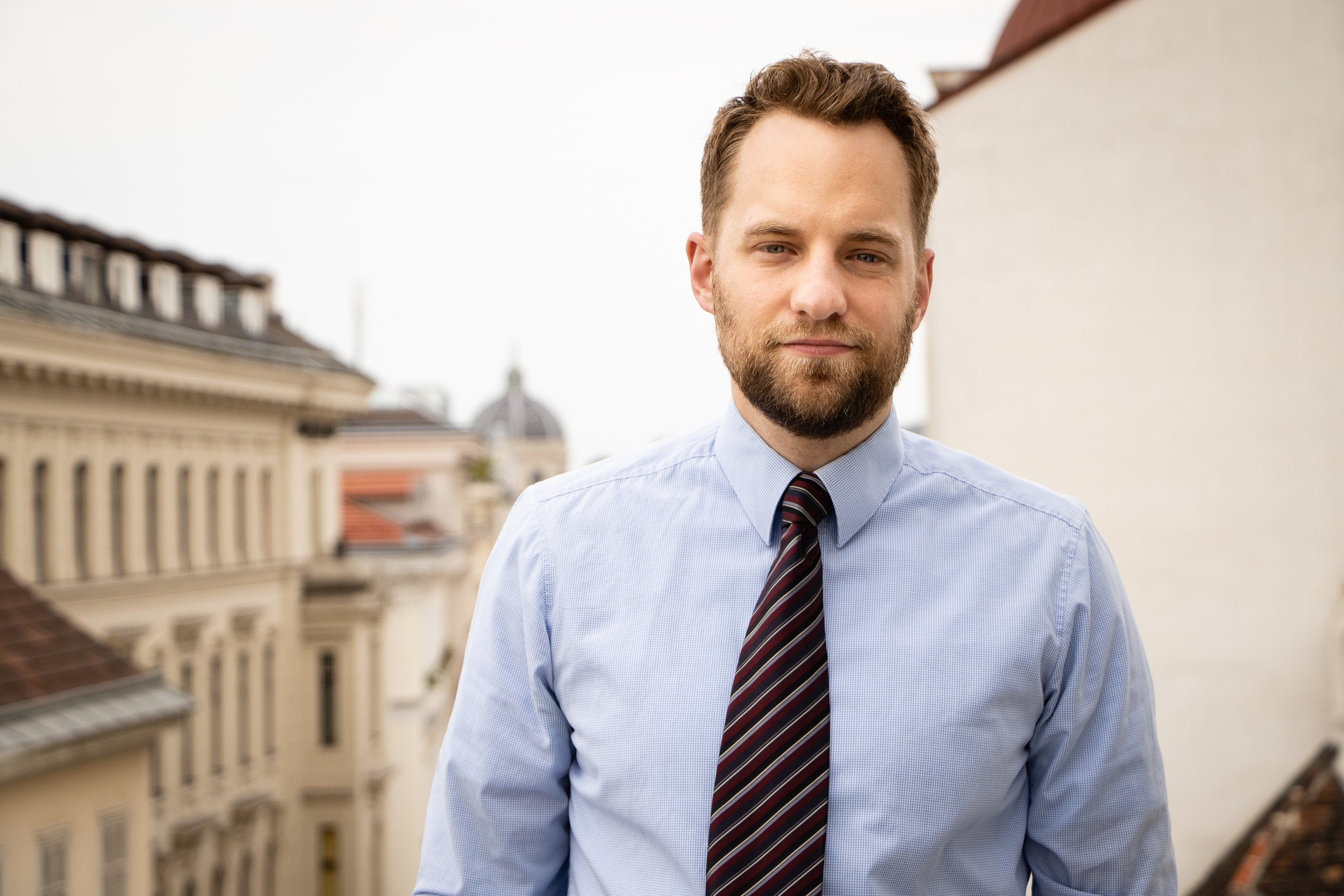
Ralph Janik teaches international law at Sigmund Freud Private University Vienna, the University of Vienna, Andrassy University Budapest, and Universität der Bundeswehr München. His research focuses on armed conflicts, human rights, and the interplay of international law and international relations. He studied law and political science at the University of Vienna and the Universidad Alcalá de Henares (Madrid), followed by an LL.M. in European and International Law at the University of Amsterdam.
Ralph Janik
Austria

Mag. Gudrun Kramer is the Director of the Austrian Study Center for Peace and Conflict Resolution (ASPR), which aims to contribute to the promotion of peace and peaceful conflict transformation and to the dissemination of practical ideas for peace. From 2010 to 2017, she was based in Jerusalem and headed the regional programme “Facilitating Social Participation of Palestinian Refugees,” commissioned by the German Government to the Gesellschaft für Internationale Zusammenarbeit. Previously, Kramer was the Director of the “Institute for Integrative Conflict Transformation and Peacebuilding (IICP, today Herbert C. Kelman Institute Vienna). She has been engaged in the field of peacebuilding and conflict transformation for over 20 years. She has worked in the Middle East, Sri Lanka, the South Caucasus, and Central Asia. Kramer started her career working for the OSCE in Bosnia Herzegovina and Croatia.
Mag. Gudrun Kramer
Austria
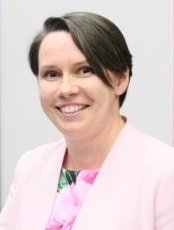
Dr Yulia Nikitina,
Associate Professor, World Politics Department, Leading Research Fellow, Center for the Eurasian Studies, MGIMO University
Yulia Nikitina is a specialist of security politics in Eurasia with a focus on regional organizations and regional security. Yulia Nikitina co-authored the FES report “Islands of cooperation” (2018) and the RAND report “Getting Out from “In-Between”: Perspectives on the Regional Order in Post-Soviet Europe and Eurasia” (2018). She has participated in numerous Track-II working groups on regional security in Eurasia.
Dr. Yulia Nikitina
Russia
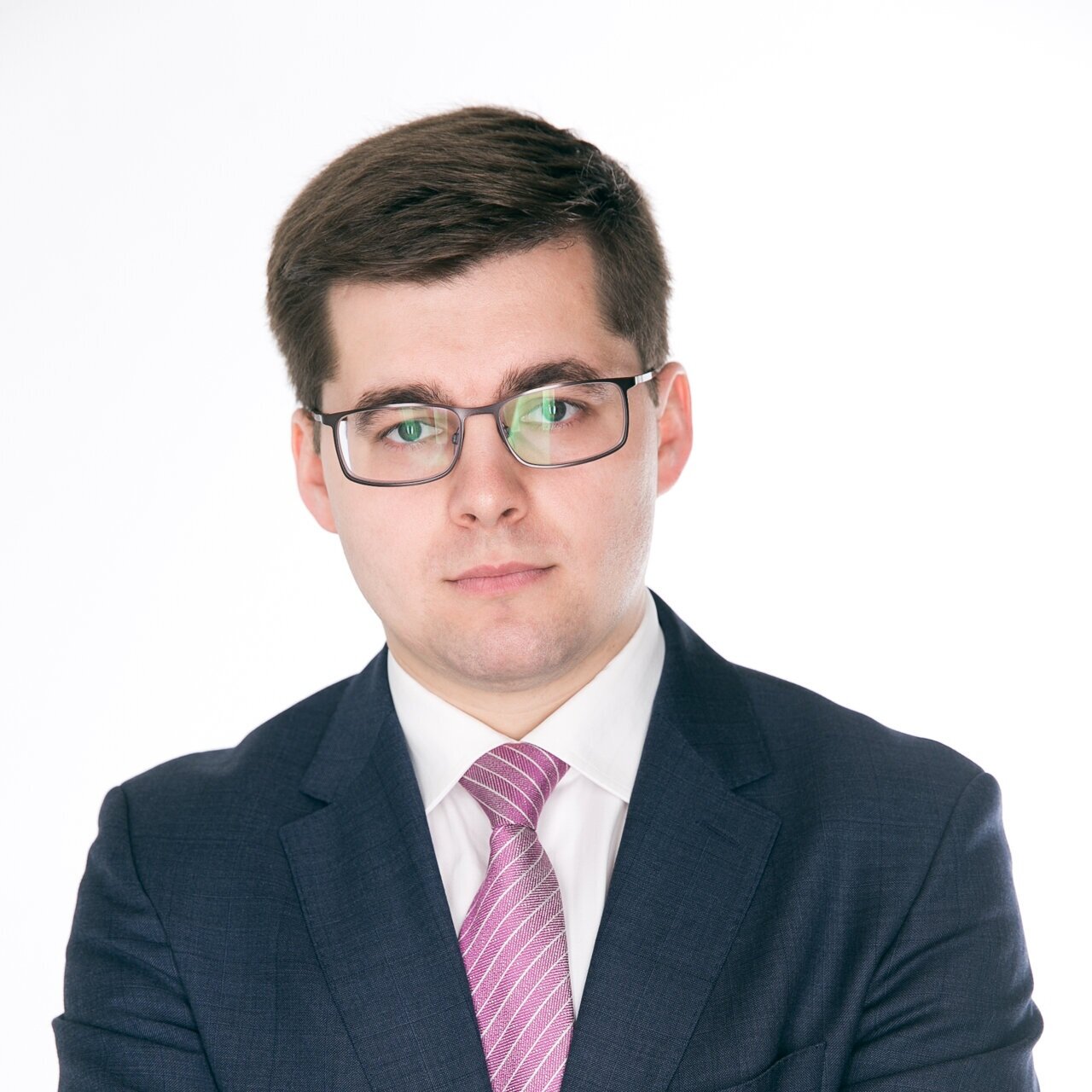
Yauheni Preiherman is the Founder and Director of the Minsk Dialogue Council on International Relations. His main research interests include the foreign policies of small states, international affairs in Eastern Europe, and Euro-Atlantic and Eurasian security. Preiherman is a regular contributor to the Eurasia Daily Monitor by the Jamestown Foundation (USA), Valdai Discussion Club (Russia), Global Brief (Canada) and other Belarusian and international publications. His articles and comments have appeared in Foreign Policy, Carnegie’s Strategic Europe, Kommersant, Vedomosti, The Washington Post, The Wall Street Journal, Guardian, Huffington Post, The Moscow Times, and other publications. Preiherman is a member of several professional and alumni networks, including the Younger Generation Leaders Network on Euro-Atlantic Security (YGLN), Collective Security Initiative, Chevening alumni network, and the British International Studies Association (BISA). of the Minsk Dialogue
Yauheni Preiherman
Belarus
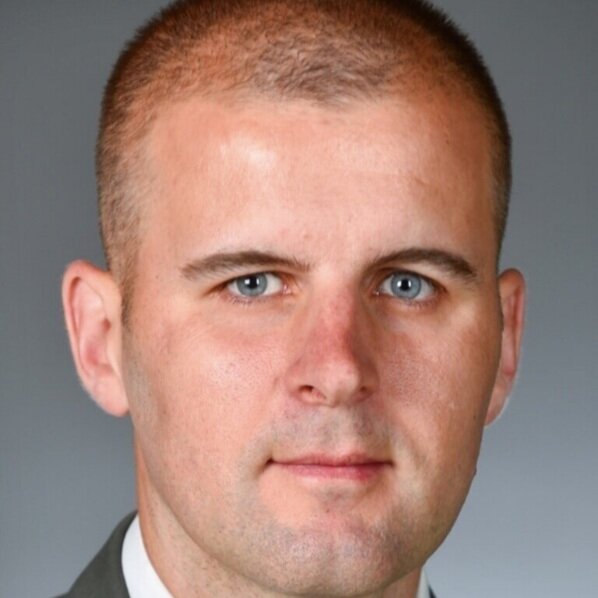
Lieutenant-Colonel Dr. Markus Reisner PhD was deployed several times in conflict zones and spent significant time in the Balkans, Afghanistan, Iraq, Chad, Central Africa, and Mali. He did also a sabbatical working for a German company producing Unmanned Aerial Vehicles for a year. He studied history (Dr. phil) and finished a second dissertation (PhD) in “Interdisciplinary Legal Studies” (Faculty of Law/University of Vienna). For his research work (topic “Robotic Wars”), Reisner was selected to be a member of the Vienna Doctoral Academy (VDA) “Communicating the law.” Since 2017 he has been a member of the Military History Advisory Board of the Scientific Commission of the Federal Ministry of Defense. From 2017 to 2018, he was an adviser in the Cabinet of the Federal Ministry for Europe, Integration, and Foreign Affairs. From August to December 2018 he served in the Military Policy Division of the Federal Ministry of Defense. He is currently serving at the Theresian Military Academy in Wiener Neustadt.
Lieutenant-Colonel Dr. Markus Reisner PhD
Austria
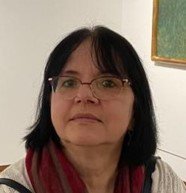
Erzsébet N. Rózsa (born 1959) has an MA in Arabic Studies, Iranian Studies as well as English Studies. She holds a PhD in International Relations (1996). She is a Professor at the University of Public Service, Budapest and is an Academic Advisor at the Institute for World Economics of the Center for Economic and Regional Studies. She is also an External Fellow at the Institute of Foreign Affairs and Trade. Her fields of research include the political, security and social processes of the Middle East, Egypt, Iran, the Iranian nuclear debate, nuclear non-proliferation, as well as the Euro-Mediterranean cooperation institutions.
Prof. Erzsébet N. Rózsa
Hungary
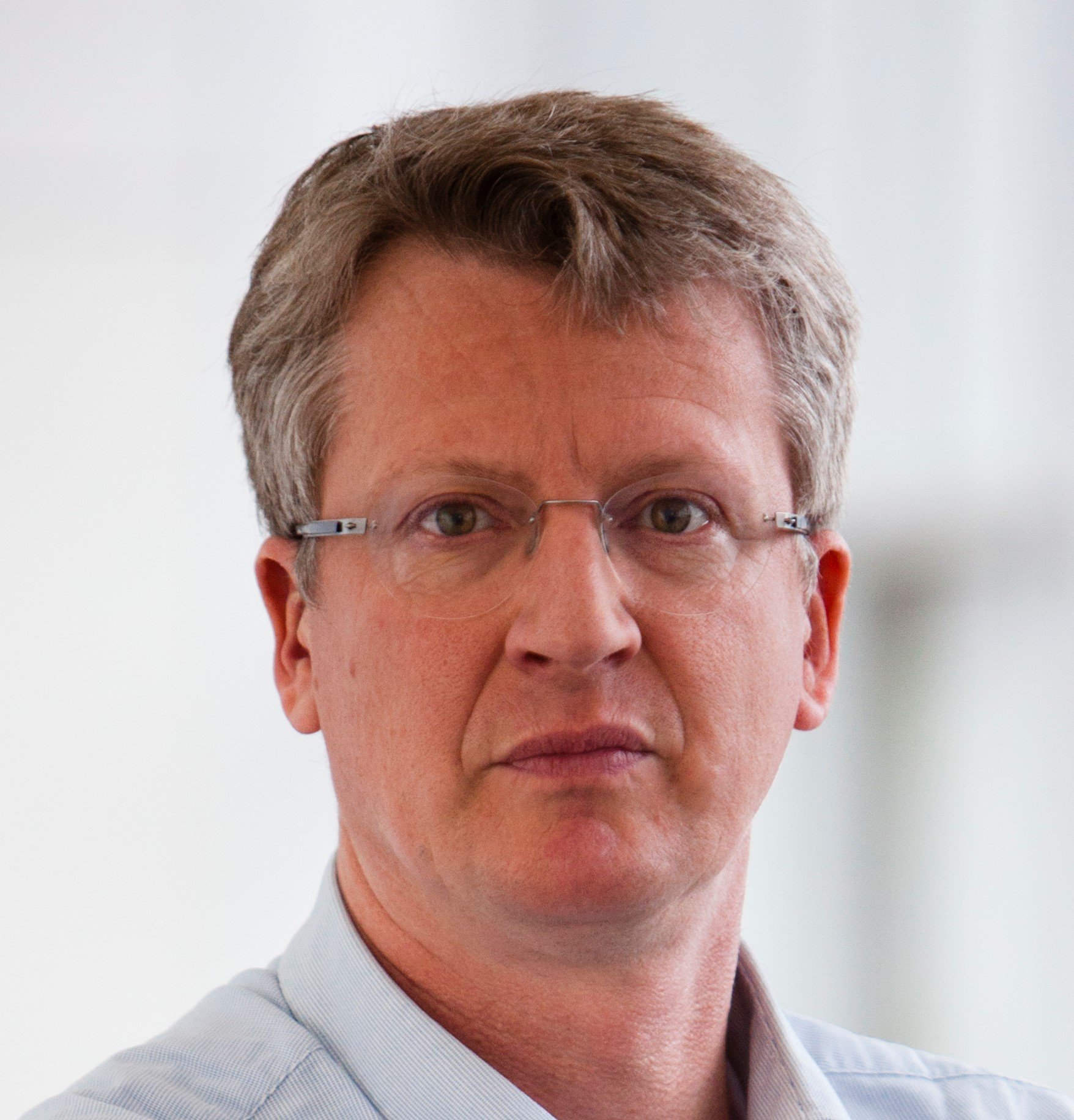
Tom Sauer is Professor in International Politics at the Universiteit Antwerpen (Belgium). He is specialized in international security, and more in particular in nuclear arms control, proliferation, and disarmament. Sauer has published nine books, dozens of academic journal articles and more than 200 opinion articles. He is a former BCSIA Fellow at Harvard University (US) and still an active member of the Pugwash Conferences on Science and World Affairs. He received the 2019 Alumni Global Service Award of Rotary International.
Prof. Tom Sauer
Belgium
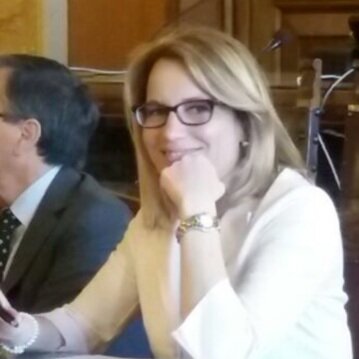
Prof. Annita Sciacovelli is adjunct professor of European Union law in the Department of Biotechnologies at theUniversity of Bari Aldo Moro (Italy), a Research Fellow of International law in the Law Department at the University of Bari (Italy), a lawyer, and a legal advisor for ADIPSO (Italian Association of psoriaris patients, Rome).
Prof. Annita Sciacovelli
Italy
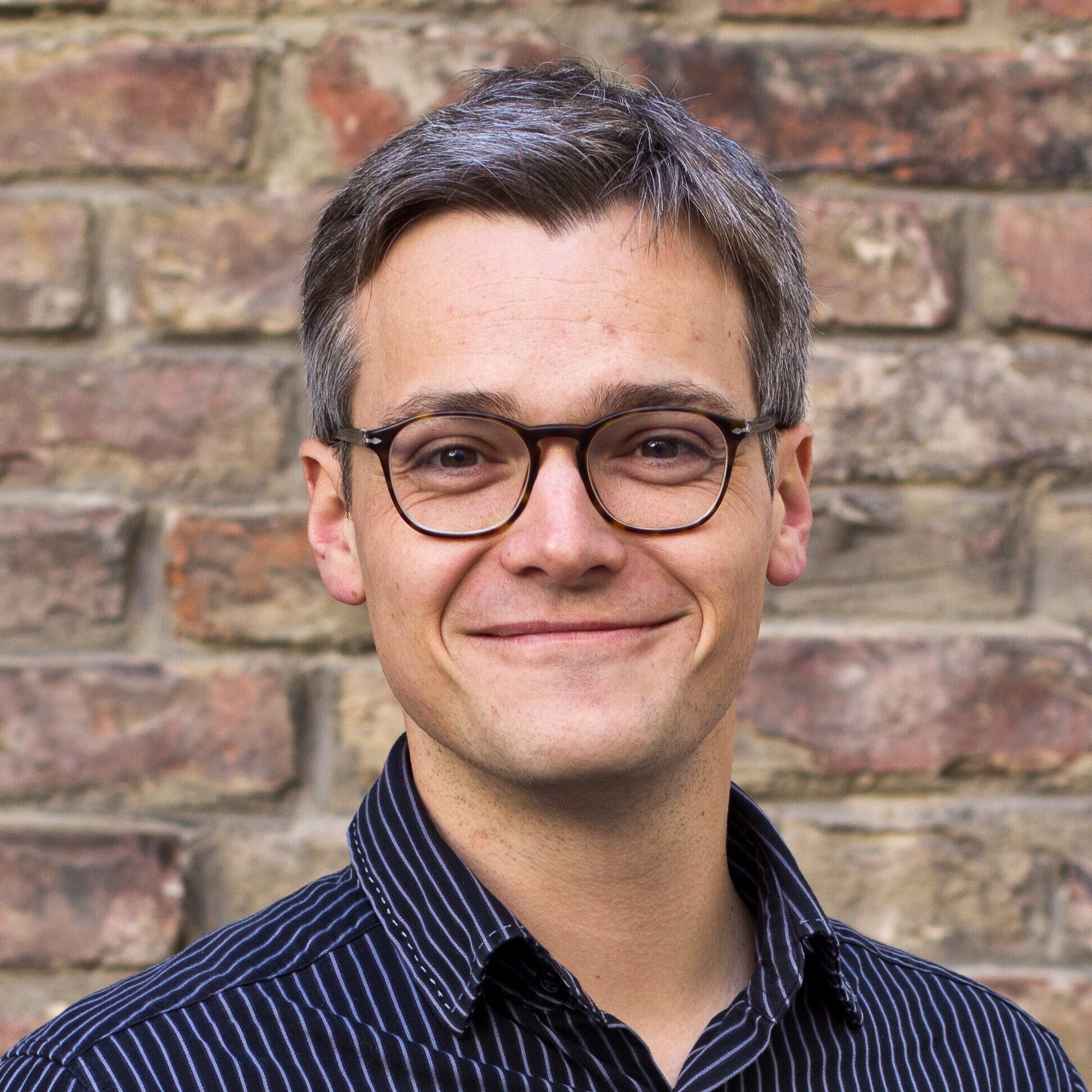
Mag. Lukas Wank is Founder and Co-Director of Shabka, a European strategic Think & Do Tank focused on foreign, security, and development policy as well as crisis management and civil society engagement. Prior to this he served as political advisor, conflict analyst, and policy officer for the Austrian Ministry of Defense with a regional focus on the MENA countries and the Western Balkans. Wank is an officer of the Austrian Armed Forces, has led a humanitarian operation into Libya in 2012 and served as political advisor to the Commander of the EU troops in Bosnia & Herzegovina from 2014-2016. Additionally, Lukas was appointed a 2018-19 Marshall Memorial Fellow by the German Marshall Fund and 2019 Aspen NEXT Fellow, currently lectures at the University of Applied Sciences BFI Wien and works as policy officer for Global Responsibility, the Austrian platform for development and humanitarian aid.
Mag. Lukas Wank
Austria
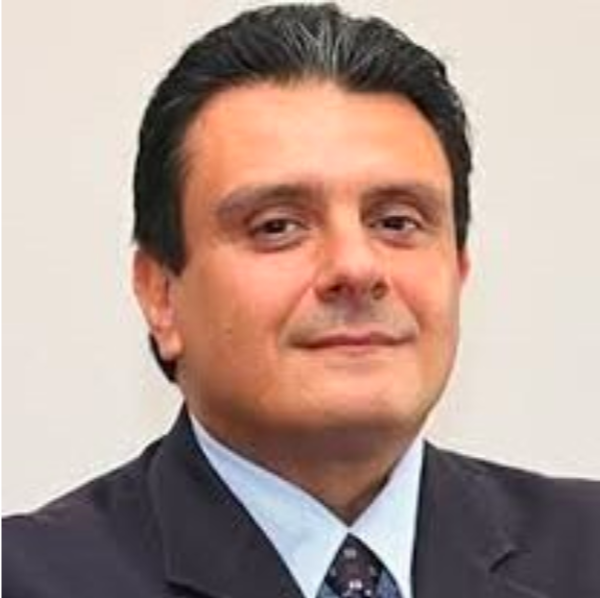
Dr. Dimitrios Triantaphyllou is an associate Professor of International Relations at Kadir Has University, Istanbul. He is also, since September 2010, the Director of the Center for International and European Studies at Kadir Has University in Istanbul where he also teaches international relations. Triantaphyllou holds a BA in Political Science and History from the University of California, Berkeley and an MA and Ph.D. in International Relations from the Fletcher School of Law and Diplomacy, Tufts University. He was previously Director General of the International Centre for Black Sea Studies (ICBSS) and Assistant Professor of International Relations at the University of the Aegean, Rhodes (2006-2010). He was also Special Advisor at the Ministry for Foreign Affairs of the Hellenic Republic (2004-2006).
Dr. Dimitrios Triantaphillou
Turkey
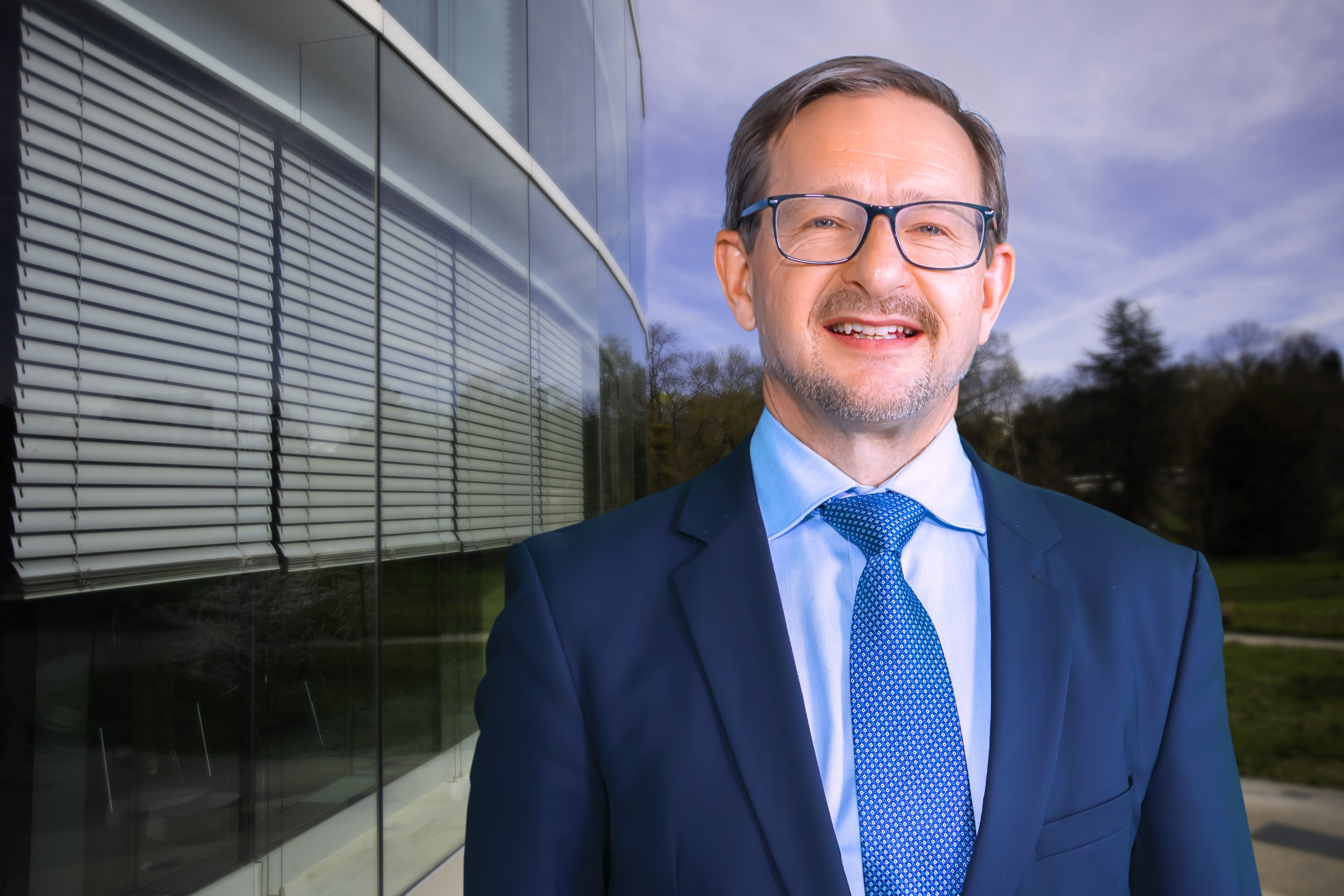
Ambassador Thomas Greminger is the Director of the Geneva Center for Security Policy
(GCSP) since 1 May 2021.
Previously, he served as Secretary General of the Organization for Security and Co-
operation in Europe (OSCE) from July 2017 until July 2020.
Ambassador Greminger served as Deputy Director General of the Swiss Agency for Development and Cooperation at the Federal Department of Foreign Affairs from 2015 to 2017 and as the Permanent Representative of Switzerland to the OSCE, the United Nations and the International Organizations in Vienna from 2010 to 2015. From 2004 to 2010, he served as Head of the Human Security Division of the Federal Department of Foreign Affairs. Ambassador Greminger also served as Deputy Head of the Human Security Division from 2002 to 2004, and from 1999 to 2001 as Country Director at the Swiss Embassy in Maputo, Mozambique. From 1994 to 1998, he served in different posts in the Swiss Agency for Development and Cooperation, including Head of the Policy and Research Unit. Ambassador Greminger holds a PhD in history from the University of Zurich. He is Lieutenant Colonel GS (company and battalion commander of infantry unit of the Swiss Armed Forces; G6 and Deputy Chief of Staff of Infantry Brigade). He has authored numerous publications on military history, conflict management, peacekeeping, developmentand human rights.
Thomas Greminger
Switzerland
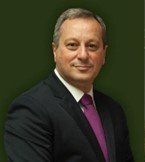
Mustafa Aydın is a Professor of International Relations at Kadir Has University (Istanbul) and the President of the International Relations Council of Turkey. Previously, he worked at Ankara University (1994-2005), Economy and Technology University (2005-2009), and Kadir Has University (since 2010), where he served as the Rector of the University (2010-2018). He was a guest researcher/lecturer at Michigan (1998), Harvard (2002, Fulbright fellow), and Athens (2003, Onassis Fellow) universities, as well as at the Richardson Institute for Peace Studies (1999, UNESCO Fellow), the EU Institute for Security Studies (2003), and the Institut für die Wissenschaften vom Menschen (2018). He is a member of the International Studies Association, Turkish Atlantic Council, European Leadership Network, Greek-Turkish Forum, and European Academy of Art and Sciences. Prof. Aydın’s areas of interest include international politics, foreign policy analysis, security issues related to Central Asia, Caucasus, the Black Sea, the Middle East, and Turkish foreign and security policies.
Mustafa Aydın
Turkey
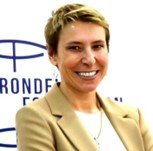
Dr. Ekaterine Metreveli is the President of the Georgian Foundation for Strategic and International Studies since 2016 and the Honorary Consul of Finland in Georgia since May, 2018. Prior to that, she was a Senior Research Fellow (2002 -2006), the Director of the Centre for Human Security (2006-2015) and Acting Executive Director since July 2015.Her professional expertise lies in the field of governance and ethnic relations. She has been leading GFSIS’ multi component development initiatives since 2002 in the areas of good governance, public policy and ethnic minority relations. Mrs. Metreveli started her career in 1996 working at the U.S. Embassy in Tbilisi, Georgia at the Defense Attaché Office (1996-1998) and later on, at Public Diplomacy Section (1999-2000). In 2000-2001, she was the Information Analyst at the Center for International Studies at University of Pittsburgh, US. E. Metreveli worked at the National Institute of Justice as a Consultant (2001-2002). In 2002-2004, Dr. Metreveli was the CEP fellow at Tbilisi State University. Mrs. Metreveli holds a Doctor of Science Degree from Tbilisi State University in Art History (1996) and a Master of Public Policy and Management (MPPM) with the specialization in International Security from the School of Public and International Affairs (GSPIA) at the University of Pittsburgh, where she was the Muskie Fellow in 2000-2001
Dr. Ekaterine Metreveli
Georgia

Petar Milutinović is a Junior Research Assistant at the Institute of European Studies in Belgrade, Republic of Serbia. His research interests encompass the transatlantic relations between the United States and European Union; European Union integration processes; European Union's Common Foreign and Security Policy and digital transformation processes. He is a PhD student of International and European Studies at the University of Belgrade - Faculty of Political Sciences. At the same university, he obtained his Bachelor of Arts and Master of Arts degrees in International Relations and US Studies.
Petar Milutinović
Serbia
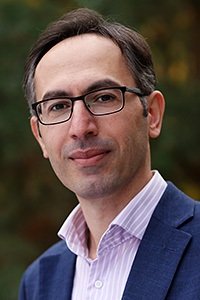
Dr. Hakan Akbulut is a Research Associate and Lecturer with the Department of Politics at the University of Kaiserslautern. His research focuses on Turkish foreign and security policies as well as on nuclear disarmament, arms control and nonproliferation. He previously worked with the Austrian Institute for International Affairs (oiip) and the Vienna Center for Disarmament and Non-Proliferation (VCDNP). He also acted as a Lecturer with the University of Vienna.
Dr. Hakan Akbulut
Germany
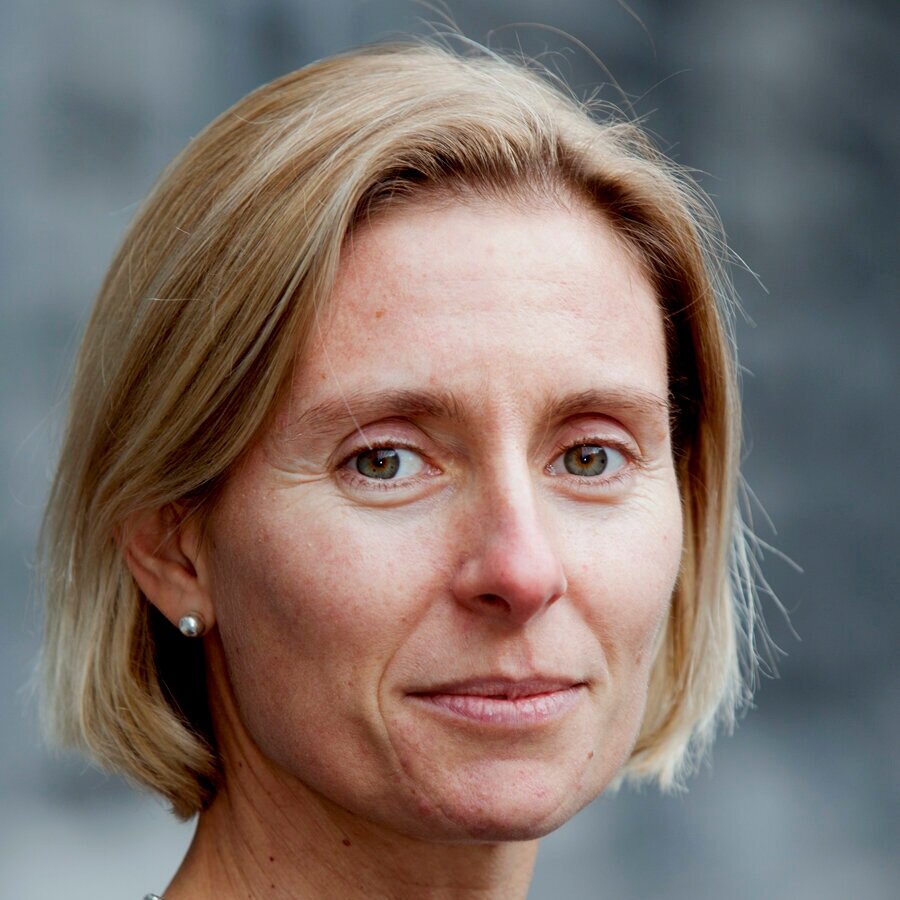
Mw. Prof. Dr. L.a. Luiza Bialasiewicz is a political geographer and Professor of European Governance at the University of Amsterdam, where she also acts as co-director of the Amsterdam Centre for European Studies (ACES), an inter-faculty centre of excellence for research, education, and public debate on the contemporary European Union. Since 2013, she is permanent Visiting Professor at the College of Europe, Natolin where she teaches an annual course on European Geopolitics. Her research focusses on the geopolitics of European border and migration management and on EU foreign policy and external action more broadly. Bialesiewicz is one of the co-editors of the international journal Environment and Planning C: Politics and Space, and part of the editorial boards of Eurasian Geography and Economics, European Urban and Regional Studies, Fennia, Geopolitics and Political Geography.
Mw. Prof. Dr. L.a. Luiza Bialasiewicz
The Netherlands
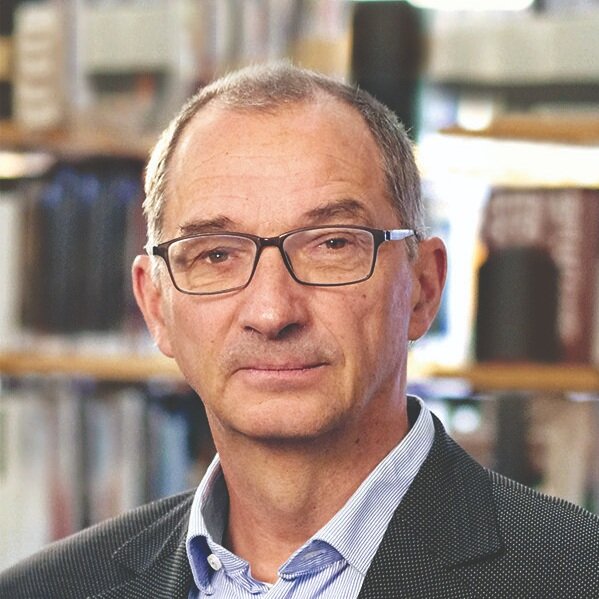
Hessische Stiftung Friedens- und Konfliktforschung
Stellvertretender Vorsitzender des Forschungsrats
Dr. Matthias Dembinski
Germany
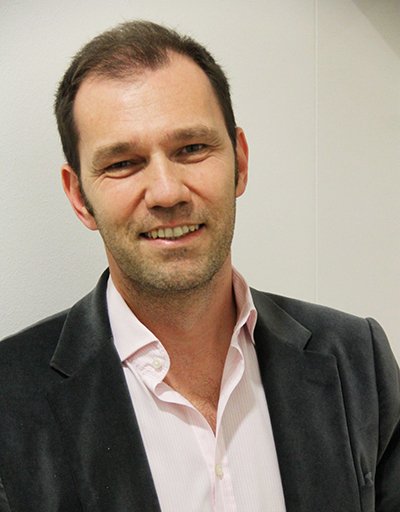
Dr. Cengiz Günay is the Director of the Austrian Institute for International Affairs –ÖIIP – and a Lecturer at the Department of Political Sciences, the Department of Near Eastern Studies and the Department of International Development and the University of Vienna. In 2018/19 he was a visiting fellow at the Foreign Policy Institute at the Paul H. Nitze School of Advanced International Studies, Johns Hopkins University in Washington DC. He is the author of the monographies “Die Geschichte der Türkei. Von den Anfängen der Moderne bis heute”, Wien: Böhlau, UTB, and “From Islamists to Muslim Democrats?” Saarbrücken: VDB. His regional focus lies on Turkey and the MENA region. His research interests include democracy and the rise of new forms of authoritarian governance, neoliberal Interventions and their effects on state and statehood, the European Neighbourhood Policy, and Islamism
Dr. Cengiz Günay
Austria
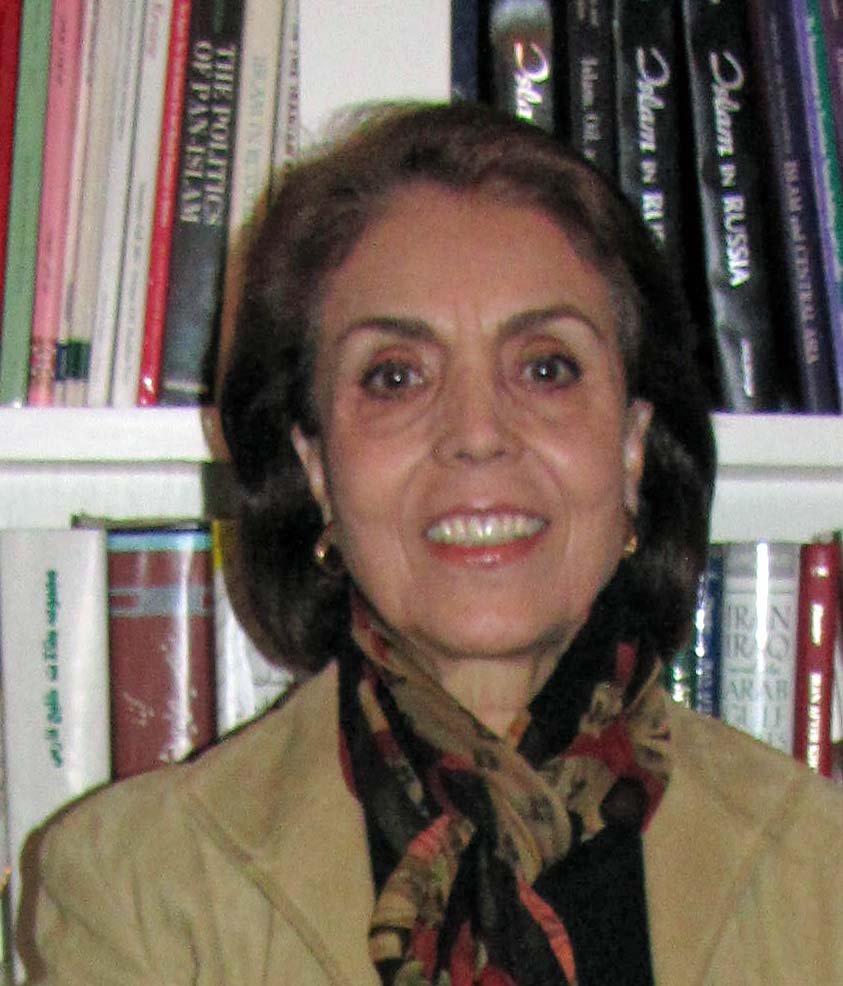
Shireen T. Hunter is an honorary fellow at the Georgetown University’s Center for Muslim-Christian Understanding. From 2005 to 2007 she was a Senior Visiting Fellow at the Center. From 2007 to 2014 she was a Visiting Professor and from 2014 to July 2019 Research Professor. From 1998-2005 she was the director of Islam program at the Center for Center for Strategic and International Studies CSIS (Washington, D.C.) 1998-2005 and from 1983-1993 the Deputy Director of its Middle East Program. 1993. From 1994-to 1997 she was a Senior Visiting Fellow and Director of the Mediterranean Program at the Center for European Policy Studies ( (Brussels). From 1965 to 1979 she was a member of Iran’s Foreign Service serving in London and in the United Nations European Office ,Geneva.
Prof. Shireen T. Hunter
USA
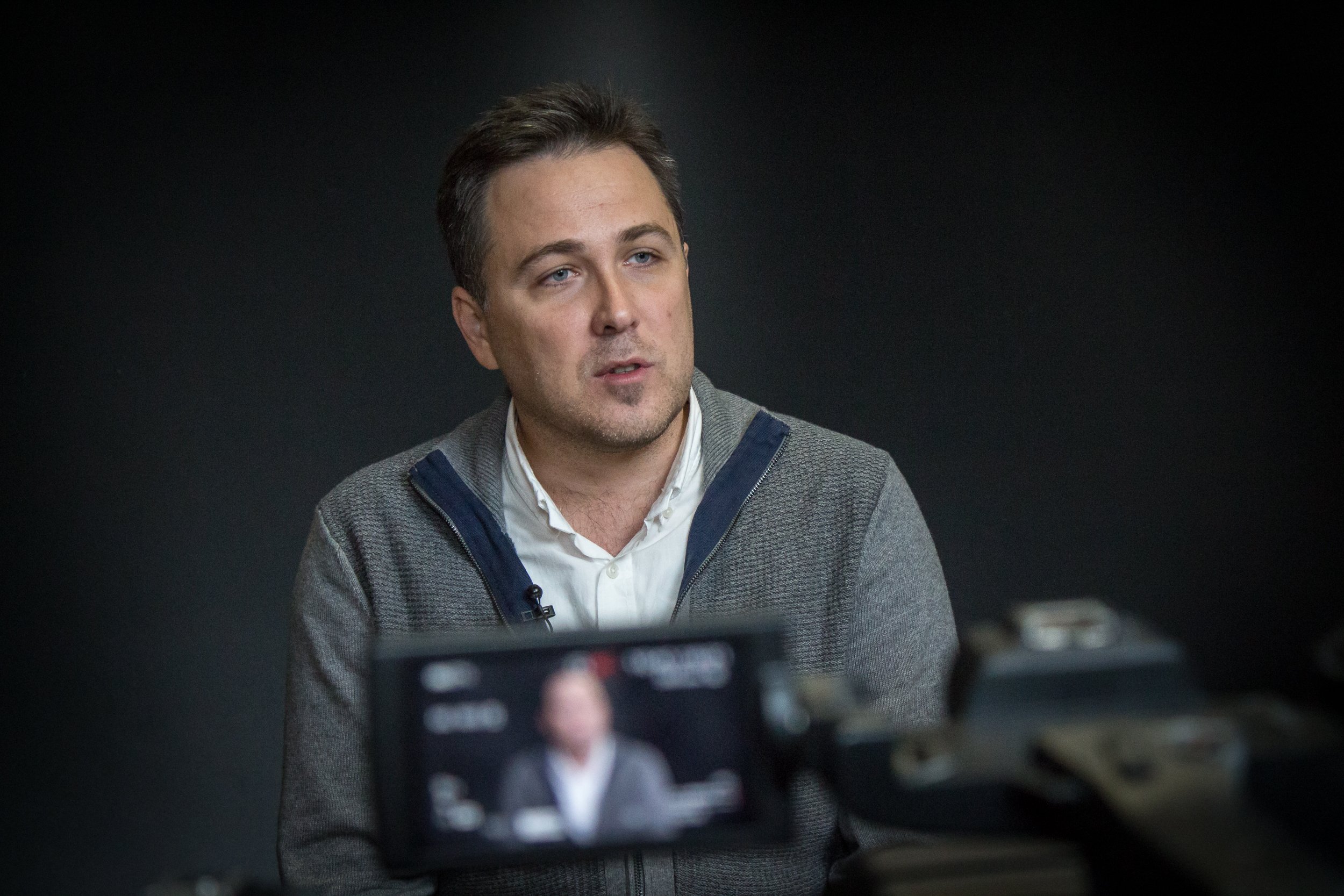
Mykola Kapitonenko, PhD, is an Associate Professor at the Institute of International Relations of Kyiv National Taras Shevchenko University. He is also a Director to the Center of International Studies. He has been invited as a visiting professor to the University of Iowa, and was teaching at the Diplomatic Academy of the Ministry of Foreign Affairs of Ukraine. Since 2015 Mykola has co-edited UA: Ukraine Analytica. Mykola is a consultant to the Committee on Foreign Policy and Inter-Parliamentary Cooperation of the Parliament of Ukraine. His main research focus is in conflict and security studies; and Ukrainian foreign policy. He is the author of “International Relations Theory” (2022), “International Conflicts”(2009), “Power in International Politics”(2013). In 2021 he was awarded a National Prize of Ukraine in science.
Dr. Mykola Kapitonenko
Ukraine
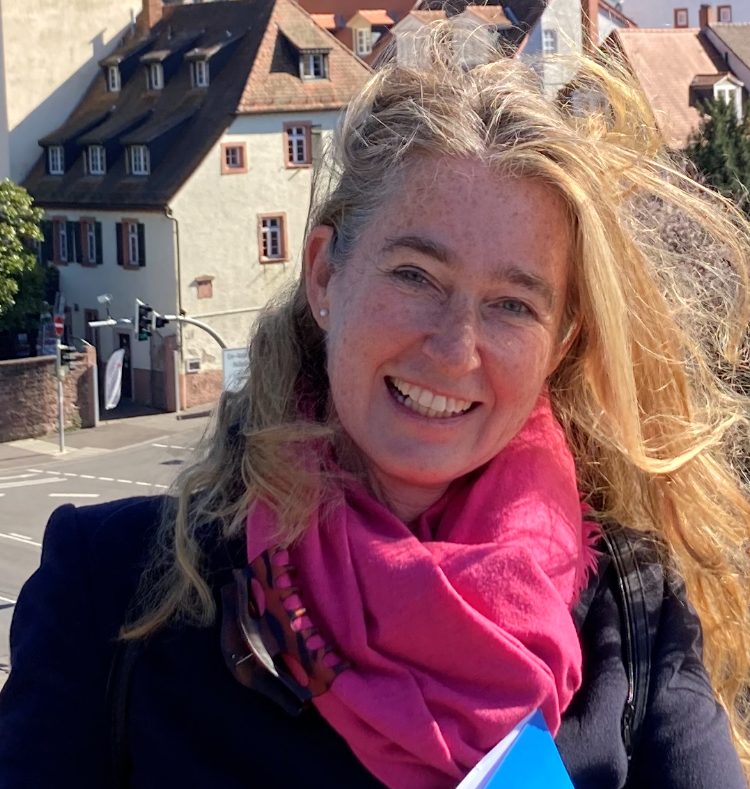
Ursula Werther Pietsch is Lecturer of International Law and International Relations; University of Graz, Austria, and University of German Armed Forces, Munich. Since 2021, co-editor of The Defence Horizon Journal Special Edition. She is member of the Advisory Board of the Austrian Ministry of Defence, the International Institute for Peace (IIP) and serves as Scientific Adviser to the Academic Forum for Foreign Policy. Ursula published widely on collective security; fragility and resilience; multilateral system thinking; anticipatory governance; and human-centrism.
Prof. Ursula Werther Pietsch
Austria
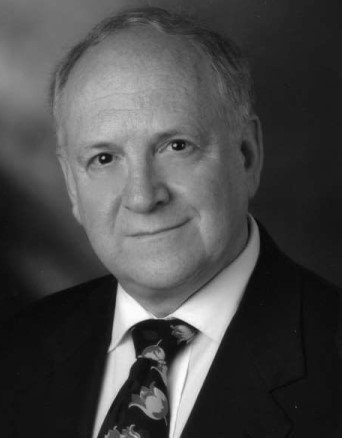
Herbert Reginbogin is a fellow/professor at the Catholic University of America Institute for Public Policy researching a new security architecture and American Foreign Policy. For over three decades, Dr. Reginbogin has been involved in transatlantic relations, teaching at Potsdam University (Germany), Bogazici University (Turkey), European University of Lefke (North Cyprus), Cag University (Turkey), and the U.S.-based Touro Law School as well as Guest Professor at several universities and law schools throughout the US., Europe, and East Asia. Prof. Reginbogin now resides in Washington, D.C., where he is currently completing research as a Senior Fellow at the Catholic University of America Institute for Policy Research on a new security architecture for U.S. foreign and national security issues. His work extends into multidisciplinary topics related to human and energy security, religious identity, freedom, and international law. Dr. Reginbogin has written several books and articles on these topics dealing with various political, economic, financial, and social issues facing Europe, Russia, the Middle East, and East Asia. In addition, Dr. Reginbogin has worked on several high-profile litigation cases and energy security issues in the Eastern Mediterranean, E.U., and the USA about international maritime law, international refugee issues, the destabilization of the international world order, and kleptocracy. He sits on the Institute for Peace (Vienna) advisory boards, Turk Heritage Organization (Washington, DC), and is currently its Acting President, involved In several track-two diplomatic overtures. His books include Neutrals and Beyond the Cold (July 2022 contributed and edited with Pascal Lottaz and Heinz Gaertner); The Vatican and Permanent Neutrality (April 2022 edited with Marshall Breger); Permanent Neutrality. A Model for Peace, Security, and Justice (2020 edited with Pascal Lottaz); Notions of Neutralities (2019 edited with Pascal Lottaz; Financial Markets of Neutral Countries in World War II (2012 edited by Robert Vogler et al.); Faces of Neutrality (2009); Guerre et Neutralite, Les Neutres Face a Hitler (2008); Der Vergleich (2006); Nuremberg Trials: International Criminal Law Since 1945 (2006 edited with Christoph Safferling); Hitler, der Westen und die Schweiz 2001 (co-authored with Walther Hofer) as well several articles in law reviews and academic journals. He received his Licentiatus Philosophiae/Ph.D. from the University of Bern and his B.A. from Whittier College.
Prof. Herbert Reginbogin
USA
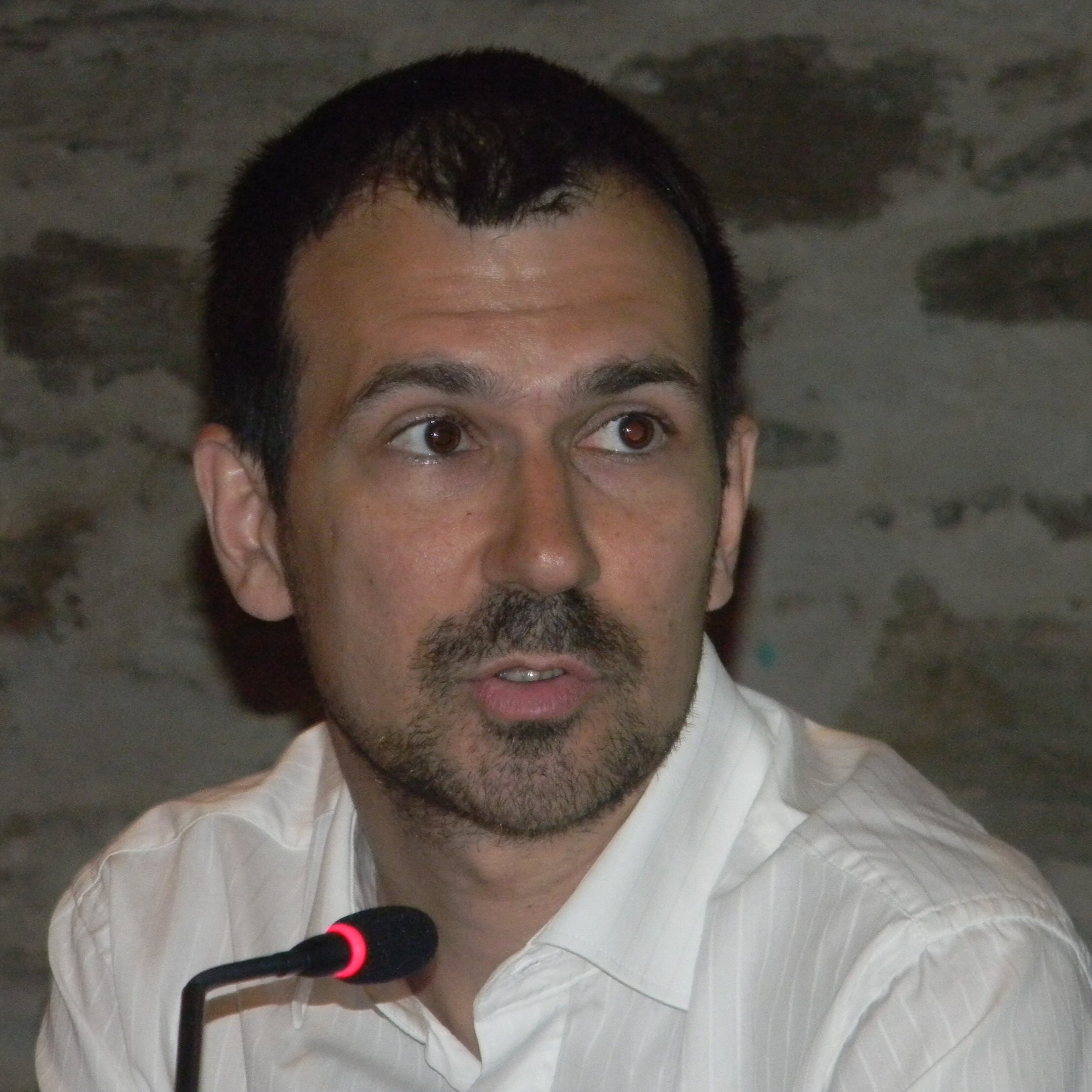
Dr. Thomas Roithner is a Peace Researcher and doctor habilitatus in Political Science at the University of Vienna. The focus areas of his work include foreign, security, and peace policy of the EU and Austria; the global shift of power; energy security; and nuclear armament and disarmament.
Dr. Thomas Roithner
Austria
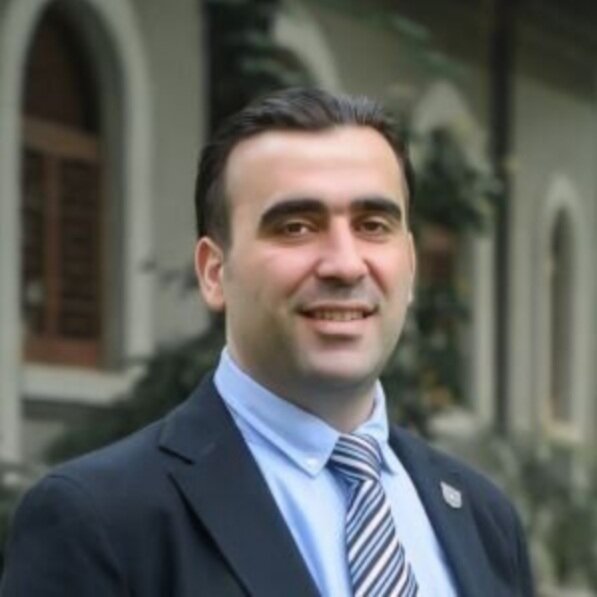
Dr. Mher Sahakyan is founder and director of the “China-Eurasia” Council for Political and Strategic Research, he holds a doctorate in IR from China’s Nanjing University. He is the author of the book China’s Belt and Road Initiative and Armenia. Mher is a member of the British Association for Chinese Studies. Sahakyan is a lecturer at Russian-Armenian University and a visiting lecturer at the International Scientific Educational Center of the National Academy of Sciences of Armenia.
Dr. Mher Sahakyan
Armenia
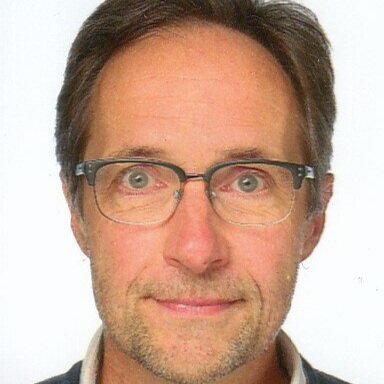
Prof. Dr. Georg Schild is Professor of North American History at the University of Tübingen (Germany). He received his Ph.D. from the University of Maryland and his habilitation from the University of Bonn. His research interests include the history of US political and foreign policy.
Prof. Dr. Georg Schild
Germany

Goran Svilanović (PhD in Law) served as Secretary General of the Regional Cooperation Council (2013-2018). Between 2008 and 2012 he was Co-ordinator of the OSCE Economic and Environmental Activities (2008-2012), and the Chairman of Working Table I (democratization and human rights) of the Stability Pact for South Eastern Europe (2004-2007).
From 2000 to 2004, Mr. Svilanović was Minister of Foreign Affairs of the Federal Republic of Yugoslavia/State Union of Serbia and Montenegro. Between 2000 and 2007, he was a Member of Parliament.
Mr. Svilanovic is consulting for Abkons and is heading their offices for Bosnia and Herzegovina, Montenegro and Serbia.
Dr. Goran Svilanovic
Serbia
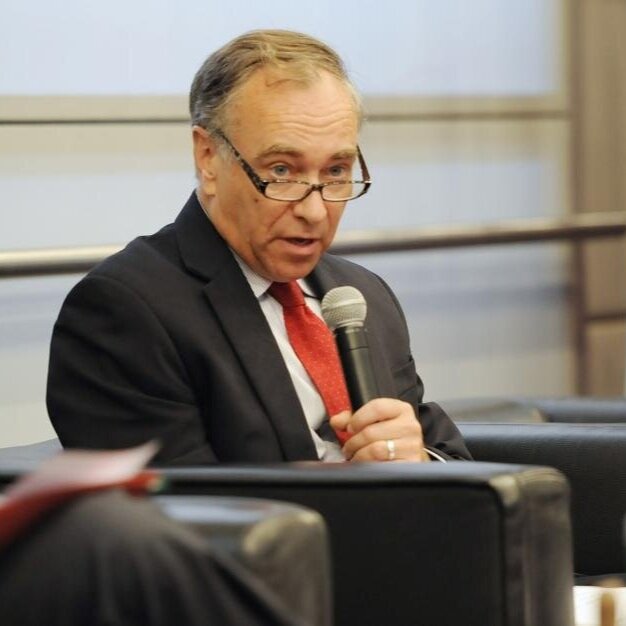
Ambassador Dr. Fred Tanner is a Visiting Professor at the Graduate Institute of International and Development Studies in Geneva. He was the Senior Advisor to the Secretary General of the OSCE and has also been appointed as a liaison for the Swiss OSCE Chairmanship in 2014. He served on the United Nations Secretary General’s Advisory Board on Disarmament Matters and is a member of the Transatlantic Security Task Force of the German Marshall Fund of the United States (GMF). Prior to his appointment to the OSCE, Tanner was for 7 years the Director of the Geneva Centre for Security Policy (GCSP), an international foundation with 45 member states. Prior to his work at the GCSP, he was a Visiting Professor at the Graduate Institute for International and Development Studies (GIIDS/IHEID) and responsible for its Diplomatic Studies Program. From 1994 to 1997, Tanner served as Director of the Mediterranean Academy of Diplomatic Studies (MEDAC) in Malta. Among other responsibilities, he was a member of the High-level Panel on Early Warning and Rapid Reaction of the Organisation Internationale de la Francophonie (OIF) and served on the Foundation Council of the Gulf Research Center (GRC) in Dubai from 2009 to 2012. He was also as a member of the Academic Advisory Board of the NATO Defense College (NDC) from 2010 to 2013. Mandated by the OSCE Chairmanship, Tanner was also the Honorary Chairman of the Committee for Security Studies in Bosnia and Herzegovina, a position he held from 1999 to 2001. Tanner holds a PhD and a Master’s degree from the Fletcher School of Law and Diplomacy at Tufts University, and a Bachelor’s degree from the Graduate Institute for International and Development Studies at the University of Geneva.
Ambassador (ret.) Dr. Fred Tanner
Switzerland

Mag. Waltraut Urban is senior research associate at wiiw. Currently, her research interest focuses on China in the global economy, the Chinese New Silk Road Initiative, and economic relations between the EU and China. Urban was a researcher at wiiw from 1995-2011, dealing with the economic development of China on the one hand and industrial restructuring in the Central- and East European countries on the other. She has published many articles and given numerous lectures in that field, including lectures at the Vienna University of Economics and Business Administration, the University of Vienna and the Johannes Kepler University in Linz. In prior positions, Urban was an economist at the Austrian Institute of Economic Research (wifo) and at the Austrian Institute for International Affairs (aiia). Waltraut Urban has obtained her master’s degree in economics from the University of Vienna.
Mag. Waltraut Urban
Austria

Dr. Leila Alieva is an affiliate of Russian and East European Studies, Oxford University School for Global and Area Studies, currently working on Russia-West relations. She also teaches course on Politics in the oil rich and rentier states at the Department of Continued Education of the Oxford University. In 2021-2022 she was awarded a Richard von Weizsacker Fellowship of the Robert Bosch Academy in Berlin. Earlier, she was founder and a president of two “think-tanks” in Azerbaijan. In 2018 she was a research fellow at the Institute Fur Kulturwissenschaften (IFK) in Vienna, Austria. Her research is in the EU and the area studies – ENP, EaP and Azerbaijan, Caucasus, Former Soviet Union; along with Russia, energy security, democratization and civil society in the oil rich states. She was also a non-resident research associate at Russia and Eurasia Center at Uppsala University. Leila Alieva held research fellowships at Harvard University (1993-1994), UC Berkeley (2000), Woodrow Wilson Center -Kennan Institute- (1995) SAIS -Johns Hopkins University- (2001), integration and regional cooperation issues -NATO Defense College (NDC) in Rome, Italy (2005) and on democracy in the oil rich states in 2007 at the National Endowment for Democracy in Washington DC. She advised the President of EBRD, major oil corporations ( BP, STATOIL, UNOCAL, AIOC) served on the board of the Open Society Institute in Baku, was a National Coordinator of the Human Development Report for UNDP (1997) and from 2009 to 2012 was a member of editorial board of “Connections”, quarterly journal of the NATO PFP consortium. She was a scientific board member and her institute was a partner in two winning consortia of the EU FP7 Collaborative Research projects EU4SEAS ( 2009-2011) and CASCADE (2014-2106). Her work was published by the Oxford University Press, Sharpe, Journal of Democracy, Jane’s Intelligence Review and many other academic and policy journals and books. L. Alieva is a registered EU expert, and in 2013-2014 was an elected a coordinator of the EaP CSF WG1 on Human Rights, Democracy and Good Governance.
Dr. Leila Alieva
England
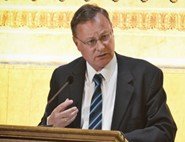
Dr. Michael Gehler, University Professor, Head of the Institute of History and Jean Monnet Chair for Modern and Contemporary History of Germany and Europe and European Integration at the University of Hildesheim since 2006; also Professor at Andrássy University Budapest since 2021. Research interests: History of empires, Austrian, German and European history and international relations with a special focus on the Cold War, German unification, transnational party co-operation of Christian Democrats in Europe and the South Tyrolean question.
Dr. Michael Gehler
Germany
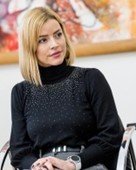
Milena Mihajlovic is one of the founders and Programme Director of European Policy Centre (CEP), an independent, non-governmental, think tank based in Belgrade, Serbia. A proven expert in the field of public administration reform and European affairs, in 2014-2015 Milena acted as the Special Adviser to the Serbian Deputy Prime Minister. She started her career as a civil servant in the EU Integration Office of the Serbian Government. She is one of the authors of the Template for a Staged Accession to the European Union, a comprehensive proposal for reforming and reinvigorating the EU’s enlargement policy. Milena obtained her BA degree in European Studies and International Relations at the American University in Bulgaria as a Soros scholar, and her MA at the College of Europe, on a King Baudouin Foundation scholarship.
Milena Mihajlović
Serbia
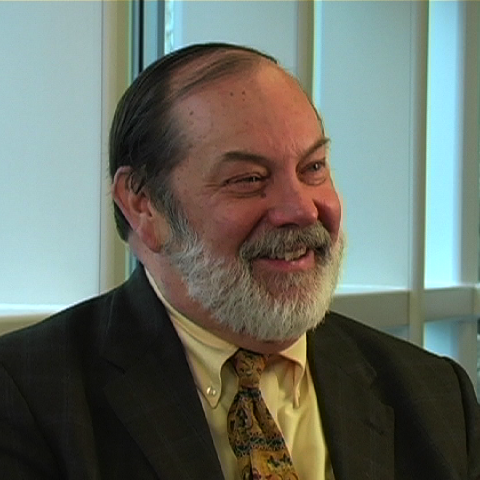
P. Terrence Hopmann is a Senior Fellow in the Foreign Policy Institute, Johns Hopkins School of Advanced International Studies (SAIS) in Washington, DC and was a Fulbright Fellow at the International Institute for Peace in Vienna in spring 2023. Previously, he held two Fulbright Fellowships to Belgium [NATO, 1975-76, and College of Europe in Brugge and Universitć Catholique de Louvain-la-Neuve, 1982-83], and two previous Fulbright Fellowships in Austria [OSCE, 1997-98 and the Vienna Diplomatic Academy, 2004-05].
He was Professor of International Relations at SAIS (2008-20) and Director of the Conflict Management Program (2008-2015). His research focuses on international negotiation and conflict resolution, arms control and disarmament, and the Organization for Security and Cooperation in Europe (OSCE), which he has followed since 1974 when he was a fellow at the Carnegie Endowment for International Peace in Geneva. He is Professor Emeritus of Political Science at Brown University (1985-2008), where he served as Department Chair (2005-08). Previously at Brown he directed the International Relations Program, the Center for Foreign Policy Development, and the Global Security Program in the Watson Institute of International Studies, where his research focused on managing conflicts in Eurasia and the Balkans after the end of the Cold War.
Hopmann received his BA in 1964 from Princeton University's Woodrow Wilson School of Public and International Affairs and the Program in European Civilization, and a Ph.D. in Political Science in 1969 from Stanford University. He was Professor of Political Science at the University of Minnesota (1968-85), where he directed the Center of International Studies and the Center for World Peace in the Hubert Humphrey Institute of Public Affairs. He has been a Senior Fellow at the US Institute of Peace (1998) and the Woodrow Wilson International Center for Scholars in Washington, DC (2005). He served as Vice President of the International Studies Association (1991-92) and as Editor of its flagship journal, International Studies Quarterly (1980-85).
He is author of The Negotiation Process and the Resolution of International Conflicts and co-author of Unity and Disintegration in International Alliances. He is currently completing a book on “The Organization for Security and Cooperation at 50: Conflict Management During and After the Cold War,” the culmination of 50 years of research on the OSCE since its beginnings in 1973. His manuscript for a new book, International Negotiation Process: Managing Global Conflicts, co-authored with Sinisa Vukovic, is currently under review at Syracuse University Press. He is also co-editor with Professor Vukovic of the Handbook on the Politics of International Agreements for Edward Elgar (UK), currently in progress.
P. Terrence Hopmann
USA
Honorary Members:
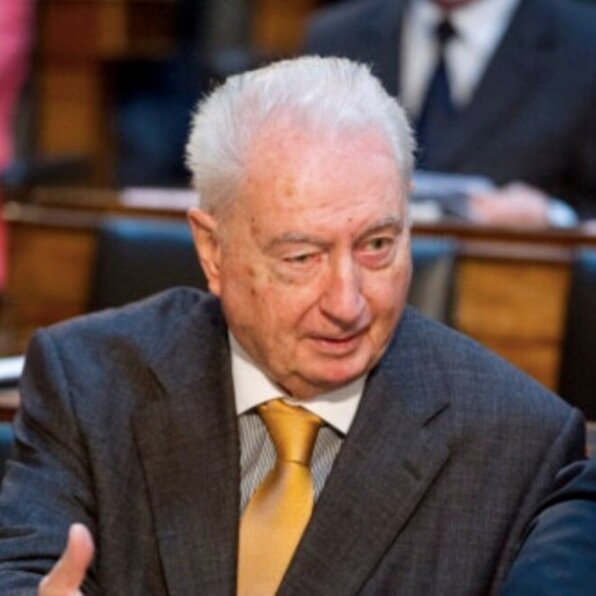
BM a.D. Erwin Lanc studied law at the University of Vienna and worked from 1949 to 1955 in the Federal Ministry for Social Administration. From 1955 to 1959, he was the Federal Secretary of the Austrian Youth Hostel Association; in 1959, he changed to he Zentralalsparkasse and Kommerzialbank Vienna as a bank official. From 1960 to 1966, he was a member of the Vienna City Council and a member of the Vienna State Parliament, from 1966 chairman of the SPÖ Margareten, and from 1966 to 1983 member of the National Council. From 1973 to 1977, Lanc, who was also the deputy chairman of the SPÖ Vienna and a member of the SPÖ federal party executive, served as federal minister of transport, from 1977 to 1983 as federal minister of the interior - under him was the "Gendarmerie Einsatzkommando" (GEK) as nationwide Counterterrorism unit set up - and from 1983 to 1984 as Federal Minister for Foreign Affairs. Since retiring from daily politics, Lanc has been involved - among other things also as Honorary President of the International Institute for Peace, especially for international peace and the dialogue between Israelis and Palestinians
BM a.D. Erwin Lanc
Austria
